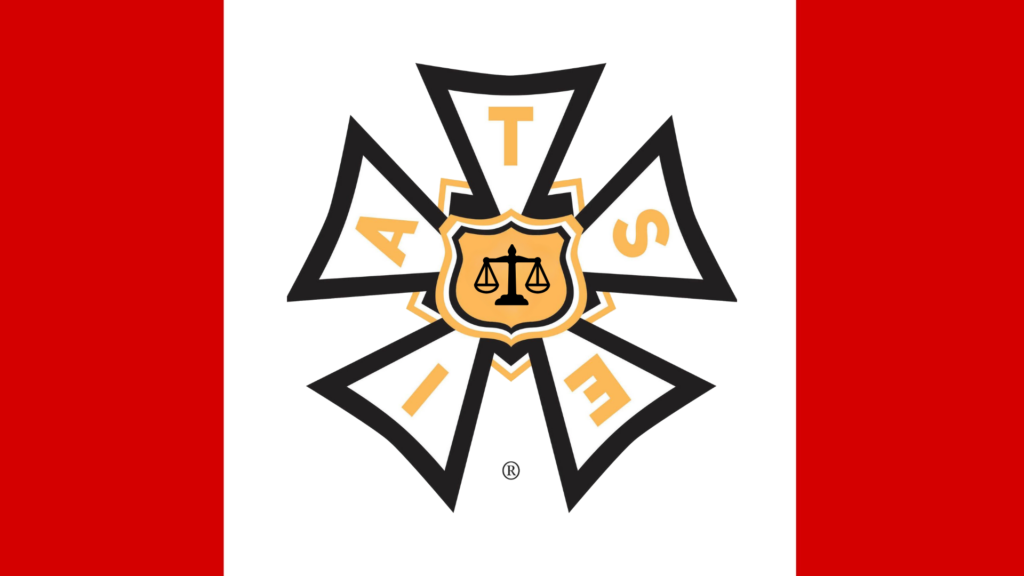- June 9, 2021
- Miscellaneous
Background
This decision addresses an Application for interim relief brought by IATSE 212 and the Directors Guild of Canada Inc. (together referred to as the “Applicants”) against Redemption Alberta Inc. (“Redemption AB”), Redemption Productions Inc. (“Redemption SK”), Minds Eye Entertainment Inc. (“Minds Eye”), Panacea Entertainment Inc. (“Panacea”) (Together as the “Redemption Companies”) and Camel Entertainment Inc. (“Camel”).
Panacea is the parent company of Redemption AB and Minds Eye is the parent company of Redemption SK. Camel and the Redemption Companies (together referred to as the “Responding Parties”) oppose the Application.
In 2013, the production of a film called “Forsaken” commenced in Alberta. The film was initially to be co-produced by Redemption AB and Redemption SK – both single use companies. The Applicants were each voluntarily recognized by Redemption AB and entered into a collective Agreement with Redemption AB. Later in 2013, the production of Forsaken was put into jeopardy due to funding issues. Camel agreed to provide funding. While the work did conclude in Alberta, the Applicants allege that their members did not receive full compensation.
There are a number of related proceedings between these parties. The Unions filed common employer applications affecting the Redemption Companies, IATSE 212 filed a complaint of an unlawful lockout and unfair labour practice against the Redemption companies and the DG filed an unlawful lockout and unfair labour practice complaint against the redemption companies. In these applications, the parties specifically seek as a remedy that the employees and each union be made whole for their losses by the Redemption Companies on a joint and several basis. Additionally, the unions grieved under their respective collective agreements. All of these proceedings are either in front of an arbitrator or another panel at the board.
The Unions applied for a declaration that the Camel and Redemption Companies are common employers and filed the interim relief application that is the subject of this decision in conjunction with the common employer application. In the interim relief application, the Unions seek the following remedies:
- An order preventing the Redemption Companies or Camel from taking receipt of any Alberta Film Grant funds or other revenue until the Board orders otherwise;
- An order restraining the transfer of property rights of the film until the Board orders otherwise; and
- An order requiring the Responding Parties to advise the Unions monthly of all revenues received or anticipated from the film.
Decision
The Responding Parties argued that the Board does not have jurisdiction grant the payments sought from lost wages arising from a collective agreement obligation. While the Board agreed that on its face, the requested remedy was outside of the Board’s jurisdiction, the Board held that in light of the combination of unlawful strike and unfair labour practice applications (wherein the Unions are seeking damages), and the common employer application it had jurisdiction to consider the interim relief application and in particular the request to preserve the unions’ ability to access funds from the only source that the Union could recover relief rewarded by the Board in the other proceedings. Therefore, given that link, the Board found that it had jurisdiction to hear the interim relief application.
Based on the documentary evidence provided, the Board went on to find that on a preliminary basis it was satisfied that Camel is a common employer with the Redemption Companies. The Board found that the Unions have identified a quantifiable financial loss and that the only tangible prospect for securing recovery of that loss from funds is the tax credit. The Board further found that the evidence left the board with a strong impression that the funds from the tax credit could be removed from Alberta. Therefore, the Board found that in considering “the balance of convenience in a labour relations context, we are satisfied an adequate remedy would not be available to the Applications up on the conclusion of the proceedings without some form of interim relief that preserves Alberta funds.”
With respect to remedy, the Board found that there was no basis to restrict the Redemption Companies’ in their ability to transfer property rights of the film, but ordered that the Redemption Companies and Camel are prevented from taking receipt of any Alberta Film Grant funds until the Board orders otherwise.








